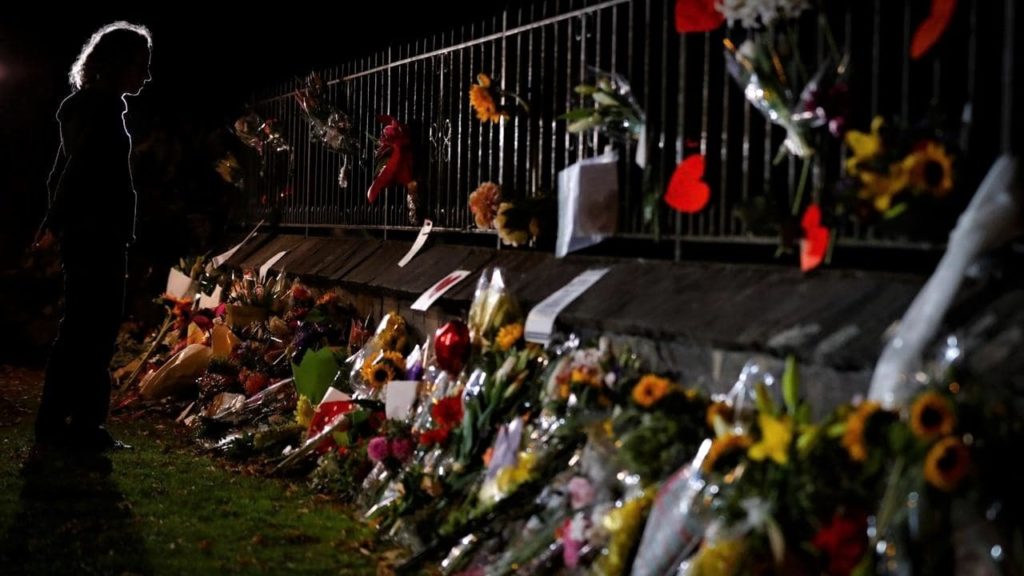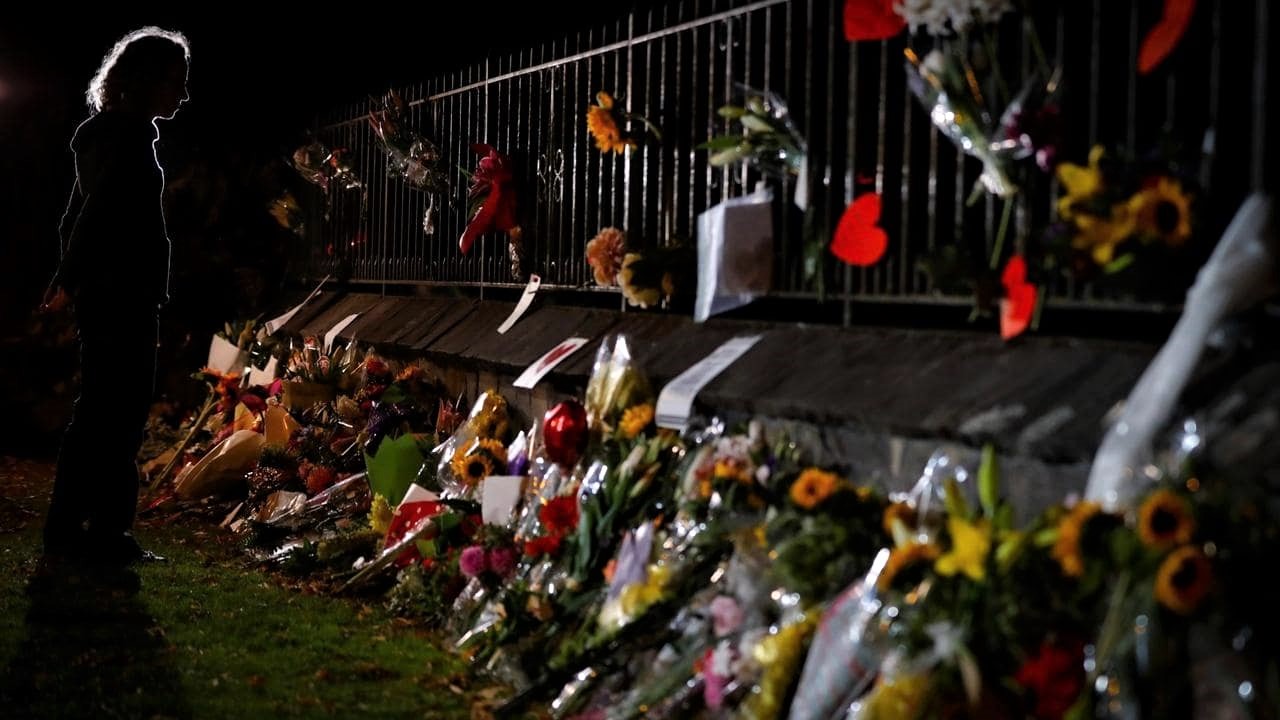“No nation, no society has ever changed this much, this fast. Now, before you start calling anyone bigoted, consider – and be honest – how would you feel if that happened in your neighborhood? Doesn’t matter how nice the immigrants are, they probably are nice… That’s not the point. The point is, this is more change than human beings are designed to digest.” – Tucker Carlson, March 19, 2018

“More change than human beings are designed to digest”?
What has changed in the last year since Carlson’s statement is a 30 percent increase of hate groups operating across the United States, according to The Southern Poverty Law Center.
Richard Cohen, president of the non-profit group whose mission is “…fighting hate and bigotry and to seeking justice for the most vulnerable members of our society” – reports that the Center has “documented a fourth straight year of growth in hate groups.”
As the recent shootings at two mosques in New Zealand demonstrate, hate and extremism are growing threats.
In documenting “The Year in Hate,” Project Director for the Center’s magazine Intelligence Report, Heidi Beirich, writes, “Even more angering to hate groups were the dozens of women — who an increasingly misogynistic hate movement sees as allies to ‘white genocide’ — elected to the new U.S. Congress, including two Muslims and a senator from Arizona who is openly bisexual. For white supremacists, these newly elected officials symbolize the country’s changing demographics — the future that white supremacists loathe and fear.”
The Center employs a three-point strategy to fight hate and extremism:
– Expose Potentially Violent Extremists. The Center tracks thousands of extremist and racist hate groups.
– Fight Hate in the Courtroom. The Center fights groups like the Imperial Klans of America. A Kentucky Supreme Court upheld a $2.5 million verdict, effectively shutting them down.
– Training and Education. The Center provides free, life-saving training to law enforcement on how to recognize and combat domestic terrorists.
But how do we deal with hate on a personal level?
“Carl Jung, the enduring Swiss psychiatrist,” peace activist Colman McCarthy writes, “believed that just as individuals can be insane, with illnesses ranging from delusion to depression, whole populations too can be collectively insane. It can happen when a whole nation’s mind sinks into the politics of hate, whether its demonizing other cultures or religions, to cite just two.”
“Healing our collective insanity,” McCarthy says, “begins with each of us.”
“ ‘It is not of vast importance,’ Carl Jung points out, “that I make a career or achieve great things for myself. What is important and meaningful to my life is that I shall live as fully as possible to fulfill the divine will within me. This task gives me so much to do that I have no time for any other. Let me point out that if we were all to live that way, we would need no armies, no police, no diplomacy, no politics, no banks. We would have meaningful lives and not what we have now: madness.’ ”
The 14th Dalai Lama, Tenzin Gyatso, and Arthur Brooks of The American Enterprise Institute look at healing through a spiritual lens.
“Human beings have a deep longing to live together in harmony. People only feel completely alive when experiencing loving bonds with one another. Everyone, of all faiths and no faith, knows this truth, and most profess it openly. …
“Words too often are delivered with contempt; philosophical differences are likened to warfare; those who simply disagree with another are deemed ‘enemies.’ Often it is on the Internet — which was launched as a forum for unity — where people attack one another, under the cloak of anonymity. …
“The solution — and the opportunity for each of us — lies not in disagreeing less, but in understanding the appropriate way to disagree with others, even when we are treated with hatred. A valuable clue can be found in the words of the 8th-century Indian Buddhist master Shantideva in his text A Guide to the Bodhisattva’s Way of Life: ‘Unruly beings are as unlimited as space / They cannot possibly all be overcome, / But if I overcome thoughts of anger alone / This will be equivalent to vanquishing all foes.’ …
“… to vanquish foes and destroy enemies,” the Dalai Lama and Brooks explain, “does not mean to ill-treat others in any way, or even to seek victory over them in a traditional sense. The objective is not to vanquish a person I considered my enemy; it is to destroy the illusion that he or she was my enemy in the first place. And the way to do this is by overcoming my own negative emotions. …
“…there is a space for all of us between stimulus and response; to master yourself means to choose your response to stimuli. When someone treats you with contempt, you are not forced to respond in kind; you are a human being who can make conscious choices. You can choose to behave ethically. …
“Each of us can break the cycle of hatred, starting today. Do you feel that you’ve been attacked on social media? Respond with warm-heartedness, disarming your attacker with forbearance. Overhear someone make a snide remark about people who think as you do? Respond with kindness. Want to say something insulting about people who disagree with you? Take a breath and show generosity, instead.”
“Although it is not easy,” Ernest Holmes, founder of The Science of Mind, writes, “something stimulates him to persist in this effort, so he gradually reverses his thoughts about people.
“He comes into harmony with life. He begins to see good in everything. As he does this, the good that was already in him, the love that had merely been wearing the mask of hate, the jealousies, animosities and resentments which had been born of a sense of isolation, disappear.”
To live an ethical life calls for discipline, looking outside ourselves and modeling good behavior. Or, as India’s preeminent peace teacher, Mahatma Gandhi, often said, “Be the change that you wish to see in the world.”
Comments










